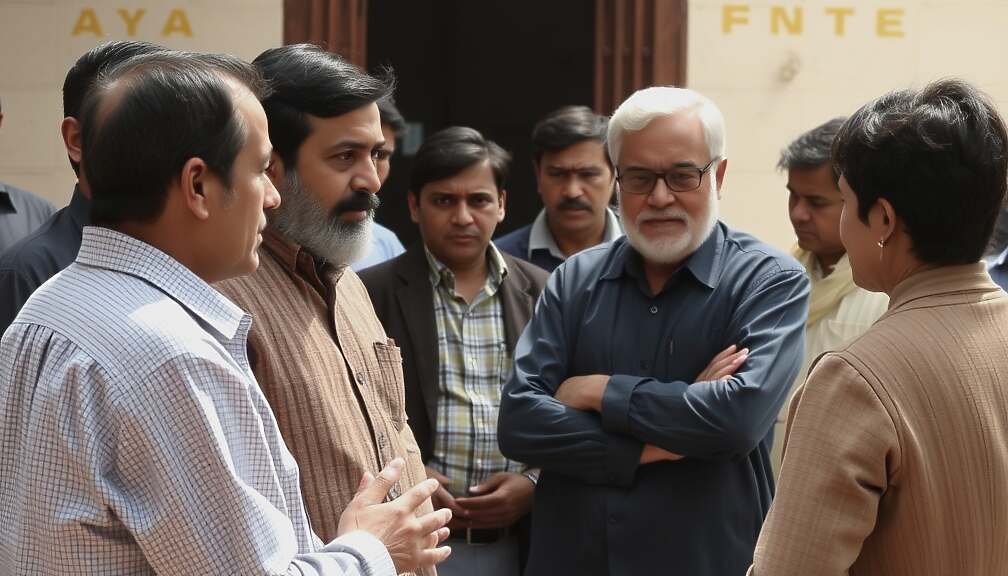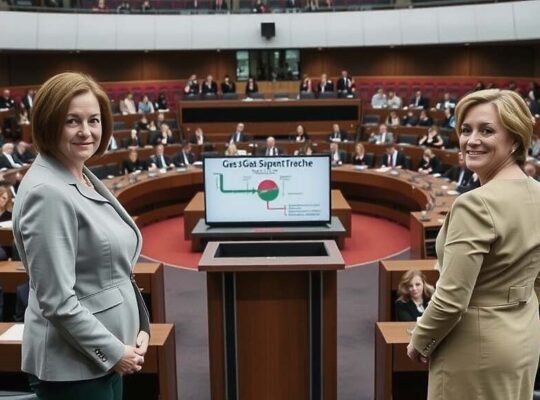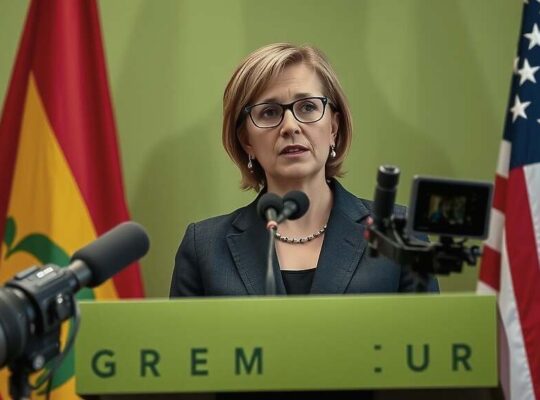The German Green Party’s parliamentary group vice-chair, Misbah Khan, has sharply criticized the composition and approach of a newly formed federal government expert commission tasked with reviewing and improving the Prostitutes Protection Act. Khan argues that the commission’s failure to include sex workers directly represents a significant political oversight and perpetuates a pattern of decisions made “over” rather than “with” those most impacted by the legislation.
The twelve-member commission, spearheaded by legal expert and criminologist Tillmann Bartsch, comprises professionals ranging from criminologists and social workers to digital specialists. While the intention is to gather expertise and guide revisions to the complex and often controversial Prostitutes Protection Act, Khan contends that the absence of lived experience within the group undermines its validity and potential efficacy.
“It is welcome that the expert commission is finally commencing its work, given the necessity for a factual and practice-oriented review of the Prostitutes Protection Act” Khan stated in an interview with the “Rheinische Post”. “However, following the established model of systematically excluding the voices of those affected is a political failure.
Khan’s critique highlights a deeper concern within the Green Party and among advocacy groups: the persistent tendency to address the nuances of sex work and human trafficking through a lens that marginalizes the perspectives of sex workers themselves. While acknowledging the need for specialized expertise, she emphasizes that genuine progress requires direct engagement with the individuals navigating the complexities of the industry.
The ongoing debate also touches upon the contentious issue of outright bans on sex work. Khan cautioned against such measures, arguing that they are ultimately counterproductive. “A statutory ban on sex work, while appealing to some actors, would not eliminate it” she explained. “Instead, it would push those involved further into the shadows, rendering them vulnerable to criminal structures and denying them access to essential support and protection”. She advocates for a more nuanced approach focused on dismantling stigma, bolstering accessible and independent counseling services and establishing trusting, low-threshold healthcare access. The current approach, argues Khan, risks reinforcing the very problems it aims to solve.












